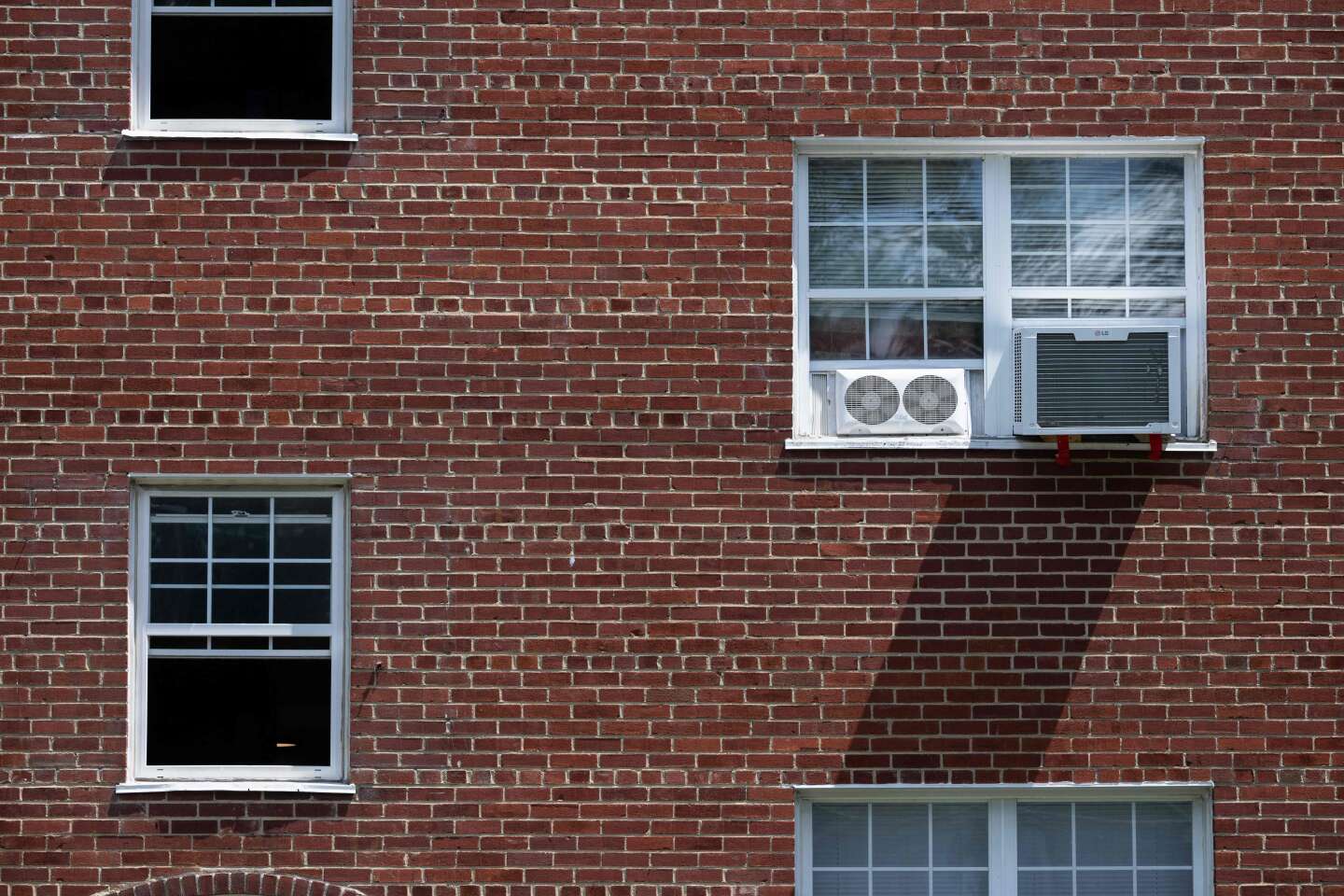Climatologists say it over and over again: heat waves will increase worldwide. With a temperature rise of around 2°C in 2050 – the climate of the city of Madrid – this corresponds to the Intergovernmental Panel on Climate Change’s (IPCC) intermediate scenario. Looks like 30 years later for Marrakech today, temperatures in London will be close to what the Spanish capital is currently experiencing.
As the effects of global warming mount, the rush for cool air has already begun. About 135 million air conditioners are sold worldwide each year, a number that has tripled in just thirty years. The share of home appliances is 37% in 2022, compared to 20% in 2000. As for the number of installed air conditioners, it will reach 1.5 billion by 2021. According to the International Energy Agency (IEA), it will triple by 2050. )
Expected boom in Asia
However, evolutions along the continents are of variable geometry. The number of African households equipped with air conditioning has increased only slightly over the past twenty years, from 4% to 6% today. On the other hand, Asia, boosted by China, saw its equipment ratio explode from 19% to 47% over the same period. This species has doubled demand for air-conditioned electricity in two decades, reaching 2,000 terawatt hours (tWh) in 2021, accounting for 8% to 10% of the world’s electricity consumption. This is equivalent to 2.5 times the electricity consumption of the African continent in a year.
By 2050, the European Environment Agency aims to double the proportion of households with air conditioning in the EU (20% today). France is no exception to this trend: its equipment ratio can even reach 55%. The most spectacular boom is expected in Asia: by 2050 the region is expected to accumulate half of all air conditioners. Electricity consumption linked to air conditioning can then climb to 3,400 to 5,200 tWh, depending on the level of energy efficiency improvement of air conditioners or other factors. According to the IEA, building efficiency etc.
The surge responds to a need: the health risk posed by heat waves is very real. Heat-related deaths have been steadily increasing since the 2000s. Among people over the age of 65, 345,000 people worldwide died from heat waves in 2019. No rising 80.6% in twenty years. In Europe, more than 62,000 people died as a result of record temperatures in 2022, according to a study published in July in the journal Nature. For a long time in France, Public Health France Between 2014 and 2022, there were 32,658 deaths due to extreme heat, almost a third of which were among people under the age of 75.
In this article you should read 65.09%. The following is for subscribers only.

“Tv expert. Writer. Extreme gamer. Subtly charming web specialist. Student. Evil coffee buff.”




/cdn.vox-cdn.com/uploads/chorus_asset/file/25550621/voultar_snes2.jpg)


More Stories
At least two children have died and eleven others have been injured in a stabbing attack in Southport
Video. ‘It’s unbelievable’, ‘menacing black spots in the water’: Thousands of dragonflies invade a beach and surprise bathers
Donald Trump Tells Christian Voters If He’s Elected, They “Don’t Have To Vote Anymore”